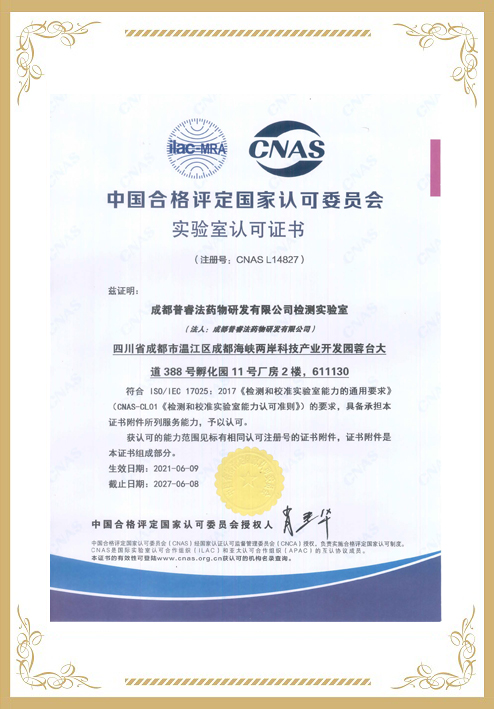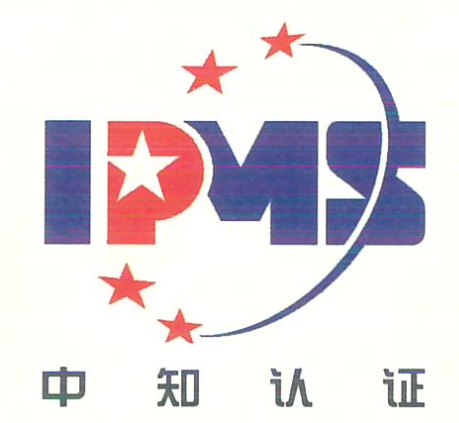Abstract
Casticin, a flavonoid isolated from Vitex species, has been found to have anti-tumor property in multiple human cancers. The present study aimed to investigate the effect of casticin on the proliferation and apoptosis of esophageal cancer (EC) cells, and further illustrate the underlying mechanisms. In in vitro studies, human EC cell lines TE-1 and ECA-109 were treated with various concentrations of casticin (low-, middle-, and high-dose groups). The results showed that casticin dose-dependently inhibited the proliferation and clonogenicity of EC cells and induced cell cycle arrest in sub-G1 and G2 phases. Furthermore, casticin markedly enhanced EC cell apoptosis as detected by flow cytometry and Hoechst 33342 staining. The level of anti-apoptotic Bcl-2 protein was decreased, while the levels of pro-apoptotic Bax, cleaved-caspase-3, cleaved-caspase-9, and cleaved-PARP were conversely increased in casticin-treated TE-1 and ECA-109 cells. Moreover, casticin decreased the mitochondrial membrane potential and increased the release of mitochondrial cytochrome C into cytoplasm. In addition, the JNK signaling pathway was involved in casticin-medicated anti-proliferation and pro-apoptosis. Cells pretreated with SP600125, a JNK pathway inhibitor, partially abolished the effect of casticin. Finally, the anti-tumor property of casticin was confirmed in in vivo xenograft models. Overall, we provided both in vitro and in vivo evidences that casticin inhibited the proliferation and induced apoptosis of EC cells, and the anti-tumor action of casticin was mediated, in part, by the mitochondrial-dependent apoptosis and the activation of JNK signaling pathway.
… containing 5% CO2. Casticin (purity ≥ 98.0%) was purchased from Chengdu Biopurify Phytochemicals Ltd. (Chengdu, China) and dis- solved in dimethyl sulfoxide (DMSO, Sigma-Aldrich, St. Louis, MO, USA). The concentrations …























